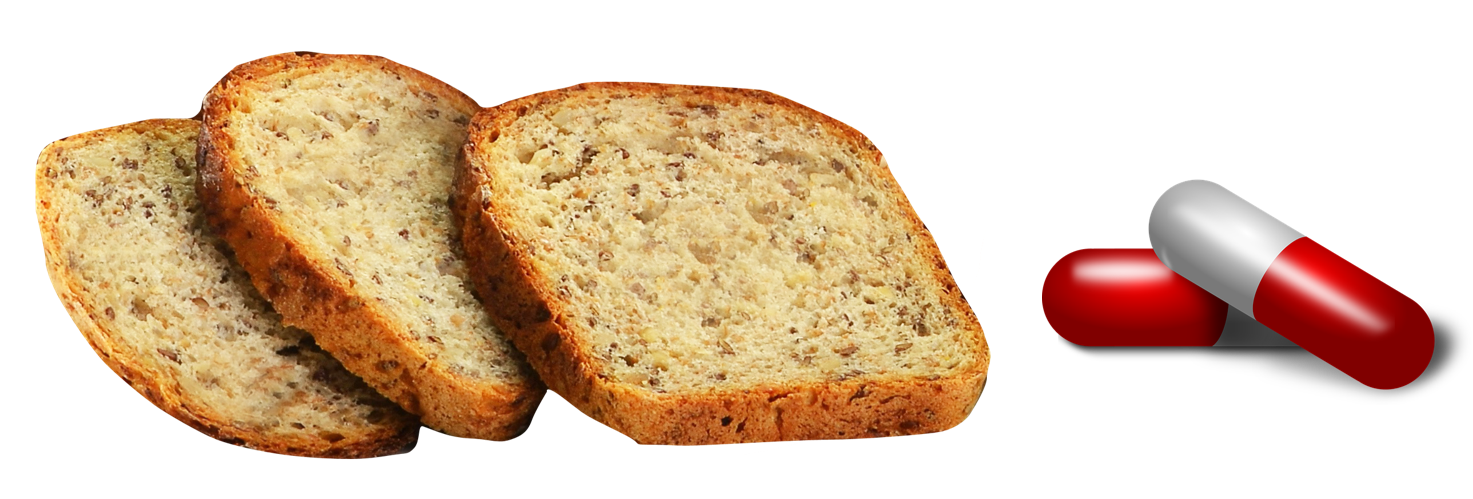
Gluten degrading protein for the prevention of celiac disease
Advantages
- The protein remains stable and active in the acidic gastric environment and resists the digestive enzymes.
- Low doses of protein efficiently digest gliadin and the immunogenic gluten peptides when combined with pepsin under gastric conditions.
- An efficient recombinant production system has been established, which produces high yields of pure protein.
Goal
The group is looking for a license agreement but other type of collaborations with industrial partners maybe considered.
Patent
PCT application filed; Priority date: 22/09/2023
Reference
CSIC/XA/013 / UBTT0486-E
Contact
Xavier Gregori: xavier.gregori@csic.es
Rosa Vázquez: rvazquez@fbg.ub.edu
Gluten degrading protein for the prevention of celiac disease
Executive summary
A recombinant gluten degrading enzyme with an application as an oral supplement to prevent side effects of gluten intake in celiac disease patients or other gluten-mediated conditions.
Introduction
Celiac disease is a chronic autoimmune disorder that affects individuals with sensitization to dietary gluten. It is caused by partially degraded gluten peptides, which are immunogenic. These peptides resist further cleavage by digestive peptidases, and they cross the mucosal epithelium of the small intestine and trigger a severe pro-inflammatory autoimmune response. Currently, there is no treatment and patients must adhere to a lifelong strict gluten-free diet. However, gluten-free diets do not provide balanced nutrition, and many celiac suffer intestinal symptoms even with adherence to such dietary restrictions. Overall, this has created a demand for an effective therapy.
Description
The recombinant enzyme, that cleaves the immunogenic gluten peptides, can be used for oral enzyme therapy. It was assayed with a mouse model for celiac disease and in a dynamic gastrointestinal simulator, which mimics the human gut. In all series of assays, the enzyme, acting at gastric level drastically reduced the number of toxic peptides at low enzyme-to-substrate molar ratios, before reaching the intestine. Also, it was assayed in comparison to another endopeptidase that shows glutenase activity, and it performed significantly better in gliadin degradation assays.
Current stage of development
In vivo proof of concept in a celiac disease mice model has been already performed with satisfactory results.

